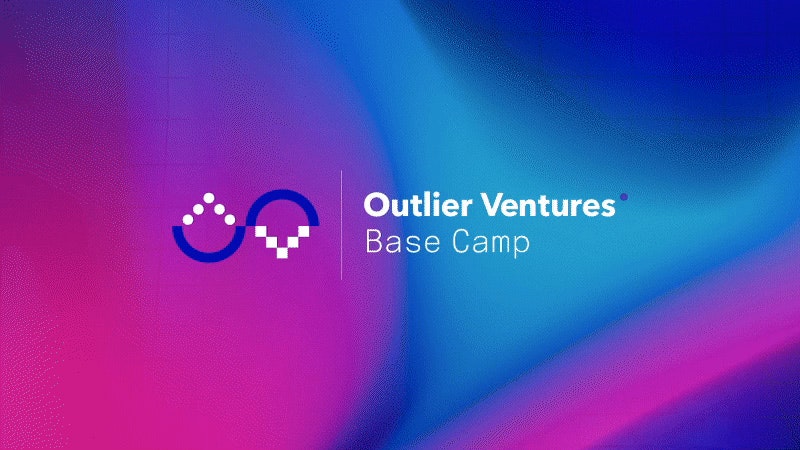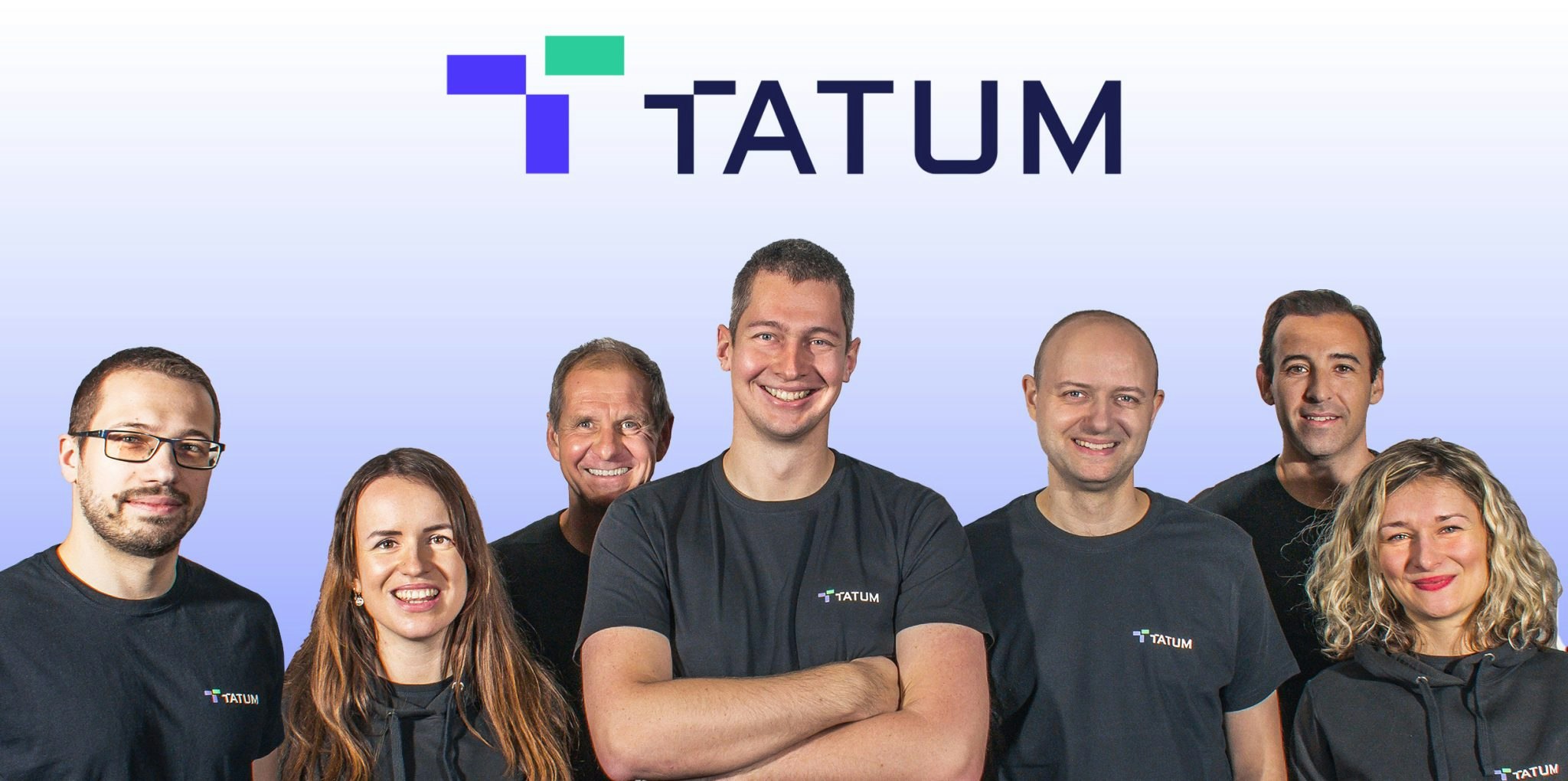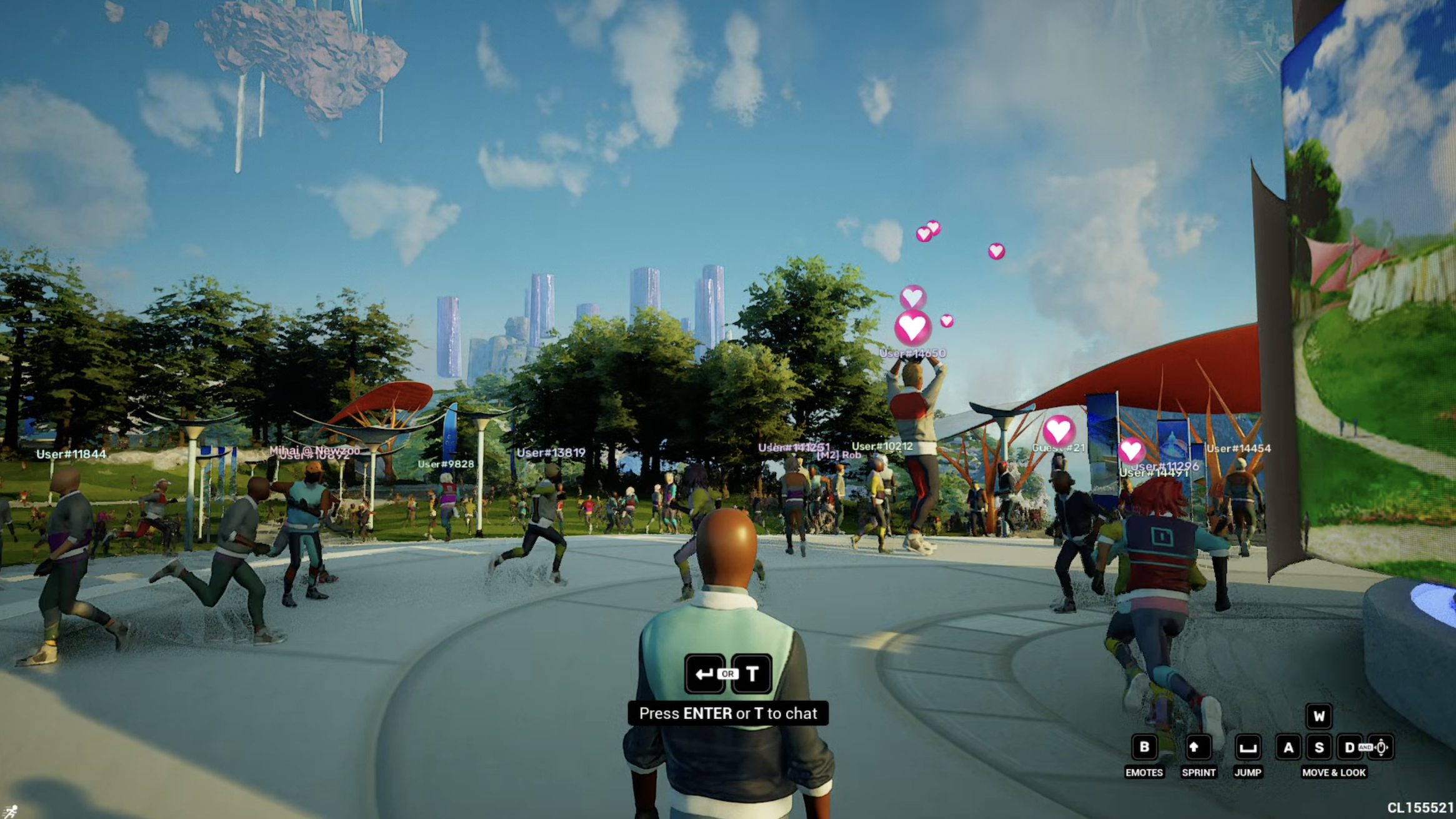Blockchain-based fantasy sports game Sorare is today announcing a new partnership with the US’s National Basketball Association (NBA). It’s the startup’s third deal with a major US sports league — following agreements with Major League Baseball and Major League Soccer earlier this year — opening the game up to some 2bn basketball fans worldwide.
The sport is the second most popular in the US behind American football, which means it has a big slice of a big market. The US sports market is estimated to be worth $80bn in 2022 — 50% more than all of the sports leagues in Europe combined. By cementing itself as the official NFT-based fantasy platform for the NBA, Sorare is latching itself on to one of the US’s major institutions.
What does Sorare do?
Sorare is a fantasy sports game that allows users to collect non-fungible token (NFT) “cards”, which represent real-life sports players. Users can then build a team of these player cards, which can be entered into tournaments based on players' real-life performances with cryptocurrency prize pots.
The NFT part means that the cards are based on the blockchain, can’t be duplicated and are actually owned by users. The cards can also be traded — in some cases for hundreds of thousands of euros.
Sorare makes money by selling these cards, and is already generating more than €150m in annual revenue, earning it a $4.3bn valuation at its last funding round. It says it has 2m registered users across 185 countries.
Who’s invested in Sorare?
- SoftBank — Japanese multinational conglomerate which led Sorare’s $680m Series B in September 2021.
- Accel — Silicon Valley and London-based VC working with companies from seed to growth stages.
- Benchmark — San Francisco-based VC that’s been investing in early stage startups since 1995.
- Cassius Family Fund — VC investing in consumer-focused companies, headquartered in Atlanta.
- Angel investors including high-profile athletes like Serena Williams, Antoine Griezmann, Rio Ferdinand, Oliver Bierhoff and Kylian Mbappé.
What’s the blockchain-based game market like?
Sorare is one of a growing group of gaming products built on the blockchain that give players the chance to make money by playing them. These are known as “play to earn” games and the market leader, Axie Infinity, has also been backed by the likes of Accel.
Thousands of people are now trying to use these games to make a living and more are now popping up in Europe.
The play to earn market was estimated to be worth $780m in 2021, and predicted to grow to $28bn by 2028. Reddit cofounder Alexis Ohanian has predicted that this new category will account for 90% of all gaming by 2028.
But despite all the optimism, this new category of gaming is already facing regulatory challenges, with Sorare firmly in the spotlight. The company is being assessed by gambling authorities in France and the UK, and has already been blocked as a gambling product in Switzerland.
Critics say that this is because players can make money in the game based on chance, while Sorare contends it’s a whole new category and that players don’t have to pay a stake to play the game as they keep hold of the NFTs.
Regulators are expected to make a decision soon on whether Sorare is a gambling product, but if they do, it will mean extra taxes, user age restrictions and compliance checks for the company.
Sifted’s take
Sorare’s basketball partnership is a big deal for the business. By some estimates, the sport is the third-most followed in the world, and — unlike the two sports ahead of it, football and cricket — the action is dominated by a single league: the NBA.
Landing a partnership as the NBA’s official NFT card platform therefore represents a huge new customer base for Sorare, even if it will have cost the company a pretty penny — as a reference point, video game developer EA Sports is thought to be paying FIFA $150m a year for its licensing deal which covers all of football.
All of that said, gambling regulation is a big question mark hanging over the business.
Like Sorare, tech companies in sectors such as the gig economy have tried to make the case that their business model is novel and therefore doesn’t fit into existing regulatory frameworks. Courts and governments are starting to challenge that assertion from food delivery and taxi hailing platforms, saying they must play by existing employment rules. If Sorare is deemed to be a gambling product, it too will have a whole new set of rules to follow.



